What is Outpatient Program (OP)? | How to Find Outpatient Treatment Near You
- Cheree Ashley
- Medically Reviewed
Getting the right kind of help for substance abuse issues can change your life for the better. There are many different options when it comes to getting the help you need. One of those options is outpatient therapy in California. Outpatient therapy can be incredibly beneficial for those battling addiction. Through outpatient therapy, clients are able to address their issues and make positive progress in order to succeed in recovery. Those who attend outpatient therapy often go on to lead happy and healthy, sober lives.
What is Outpatient Therapy?
When attending a rehabilitation program, clients have to decide whether they would like to attend an inpatient program or an outpatient program, also known as outpatient therapy. Outpatient therapy programs allow clients to attend treatment while still living at home. Clients may choose to attend outpatient therapy for a number of reasons. Outpatient therapy, while not as involved as inpatient therapy, still has the potential to provide lifesaving services to clients who need help dealing with substance abuse issues.
Clients who attend outpatient therapy can maintain their day-to-day life while also attending various programs that will help promote sobriety and assist them in avoiding potential triggers and situations that may cause relapses. The length of outpatient therapy attendance varies on a case-by-case basis. Health professionals in the program help clients determine how to best personalize their treatment to give each and every client the best opportunity at recovery.
Who Should Attend Outpatient Therapy?
Attending outpatient therapy is a great option for many different types of clients. Entering into a rehabilitation program can seem intimidating, especially when you have other things to think about, like work and family. For those who have busy work schedules, outpatient therapy is a good choice when it comes to receiving treatment, as outpatient programs are typically able to work with clients’ schedules in order to provide services while clients maintain their jobs.
Clients who have children may also want to take advantage of outpatient programs, so they can continue being a part of the lives of their children while attending treatment.
While outpatient therapy is a great option for many clients, those who face severe or long-lasting issues with substance abuse are often recommended for inpatient treatment due to the high level of care required in those cases. Additionally, those who have co-occurring disorders like depression, anxiety, eating disorders, bipolar disorder, and the like are often encouraged to attend inpatient treatment.
Aspects of Outpatient Therapy
The specifics of each outpatient therapy program are unique, though most programs offer some of the same types of therapy. These services are intended to help clients identify and progress through various issues that may cause or trigger their substance abuse. Clients are also taught how to avoid those triggers in their day-to-day lives, as well as how to address cravings and avoid instances of relapse. Clients may receive advice on how to speak with their family and friends about their substance abuse issues, as well as how to take advantage of their support system both in and out of the outpatient therapy program.
Outpatient Therapy Services
There is a multitude of different services available through outpatient therapy. The main focus of outpatient therapy is group therapy. Group therapy is very important in an outpatient program and has the ability to connect clients with others who are going through similar situations. Clients are able to relate to one another and provide support to each other throughout the rehabilitation process. Those who are new to the program can look to others who are further along in their recovery to provide support in a safe and healthy manner.
Individual therapy is also typically provided in outpatient therapy programs. Clients who attend individual therapy are able to freely and consistently speak with a therapist in a way they may not feel able to in a group setting in order to discuss and overcome any issues that may be causing or encouraging their substance abuse.
Additional therapies may be provided to clients through their outpatient treatment program. These types of therapies are designed to help clients address issues in a different way than traditional types of therapy, and depending on the specific treatment program, may include:
- Adventure therapy
- Art therapy
- Music therapy
- Holistic therapy
What to Look for in Outpatient Therapy
Knowing what to look for in a treatment program can be a challenge. Every program is different, and clients should look into multiple programs in order to find what will best work for them. When searching for an outpatient therapy program, here are a few things to keep an eye out for:
- Treatment should be readily available. Receiving treatment as soon as possible is vital when it comes to battling addiction. Look for a program that has open availability as opposed to selecting one with wait times before treatment can begin.
- Medical assistance should be provided. The effects of withdrawals from many different illicit substances can necessitate the use of medical interventions. Clients should have access to health professionals who can provide that medical intervention if and when it is necessary.
- Personalized care is another important part of finding the right treatment program. Each and every client is unique, and the care they are provided should be no different.
- Support from other clients as well as health professionals is important during the treatment process. Having a support group can help clients significantly in their recovery.
- A variety of therapies should be made available to clients in order to best promote their recovery and assist them in getting the help they need.
Covering the Cost of Outpatient Therapy
Figuring out how to pay for outpatient treatment services can seem intimidating. The cost of treatment at an outpatient therapy program varies from program to program, as well as depending on clients’ individual needs. The best way to determine the cost of an outpatient program is to contact the facility directly for a consultation. Luckily there are a number of different ways to pay for outpatient treatment program services, whether or not clients have insurance coverage.
With Insurance
Clients who have health insurance will often find that treatment through outpatient therapy is covered under the behavioral health section of their insurance plan. This coverage may completely or partially cover the cost of an outpatient program, depending on your specific insurance provider and insurance plan. Contacting your insurance company directly is the best way to get answers about what exactly is covered under your plan.
Without Insurance
Covering your outpatient therapy services without insurance is also possible. Many outpatient treatment recovery programs are willing to work with clients and may provide the option for a payment plan depending on the program. Additionally, clients can reach out to friends and family, who may be willing to provide assistance when it comes to covering the cost of treatment.
Final Thoughts about Outpatient Therapy
Outpatient therapy programs can help clients who are dealing with substance abuse issues immensely. Clients who attend outpatient therapy can maintain their lives outside of the program while also receiving much-needed help from health care professionals and support from groups of peers who understand their struggles. Outpatient therapy has the potential to help clients win the battle against their addiction and go on to live happy and comfortable lives.

When it comes to addiction treatment and recovery, Bright Future Recovery’s team delivers beyond expectation.







